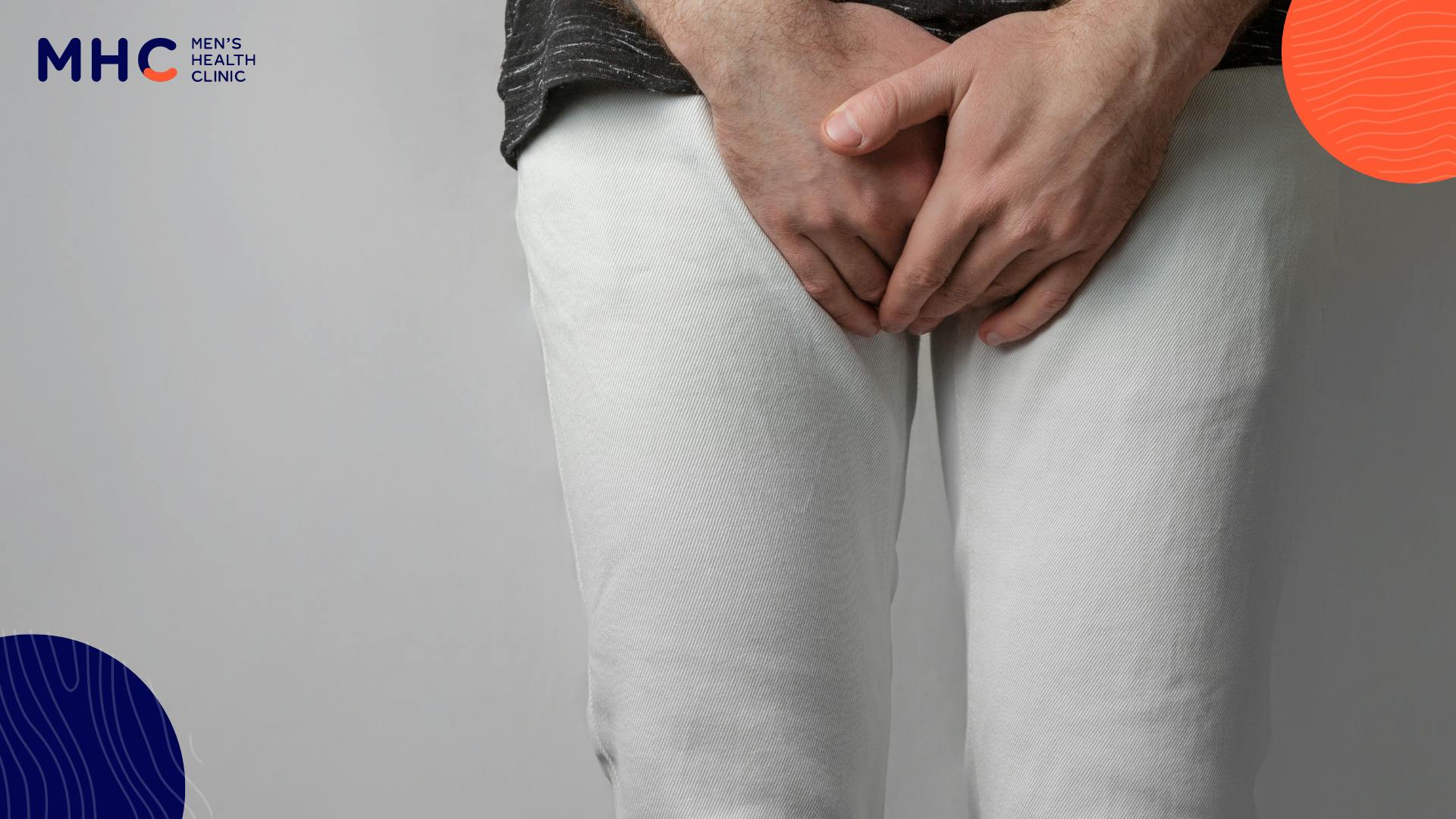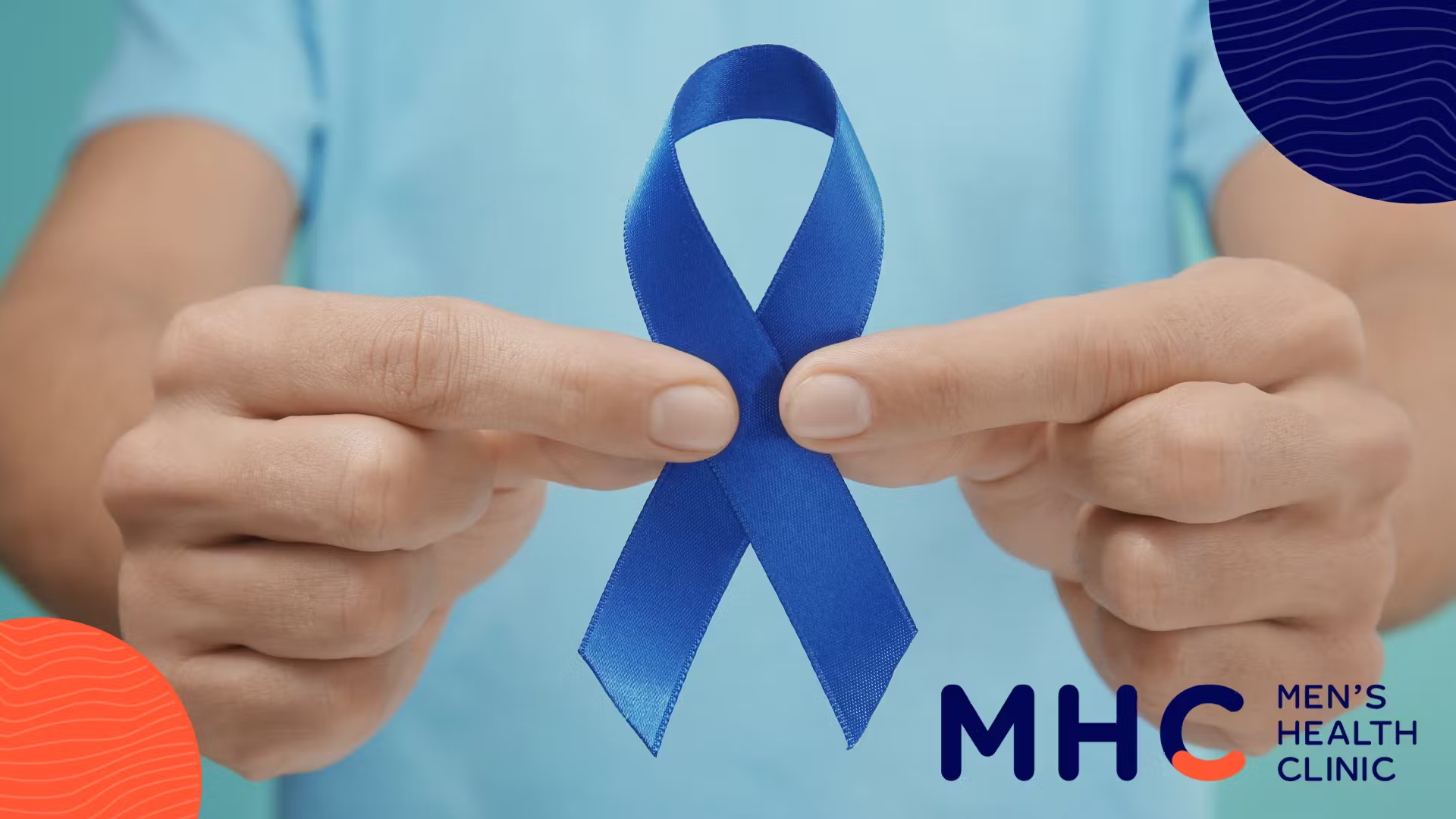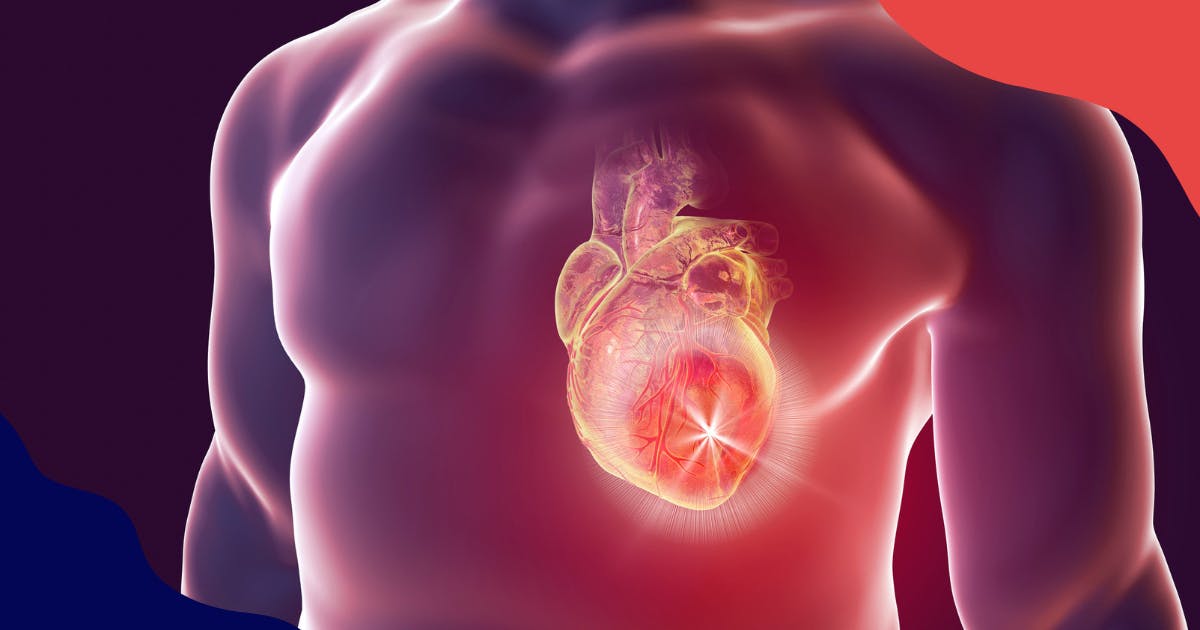Prostate Cancer Awareness takes centre stage this September, so it’s only fitting to shed some light on one of the deadliest cancers in the world to lower your risk of getting it. Did you know that in the middle of the pandemic in 2020, more than one million new cases of prostate cancer have been recorded? And if that’s not alarming enough, around 300,000+ men succumbed to this disease in the same year.
Prostate cancer (which has been tormenting men since the middle of the 19th century) is the most commonly diagnosed cancer in a whopping 100+ countries. To boot, it’s the leading cause of cancer death in 40+ countries. In this piece, we’ll spill the beans on how prostate cancer relates to male sexual function, including erectile dysfunction and premature ejaculation.
So, what causes prostate cancer exactly?
The World Cancer Research Fund International Organization (WCRF) checked a total of 104 global studies (comprising 9 million men and 191,000 prostate cancer cases) and found solid evidence that your (1) diet, (2) age, (3) genetics, and (4) physical activity play major roles in prostate cancer development.
Obesity elevates the risk of developing advanced prostate cancer. However, according to a different study published in the National Library of Medicine, the link between a higher adult BMI and prostate cancer risk is quite controversial, as some studies found no association between the two. They cited a Norwegian study, which revealed that having a BMI over 30 kg/m2 heightened the risk of prostate cancer by merely 9%. But obese men aged 50-59 had a 58% higher chance (no other age group showed a significant increase). This suggests that the relationship between age, obesity, and prostate cancer risk may vary across different studies.
Apart from obesity, being tall also increases your risk of developing a more aggressive version of prostate cancer. The University of Washington School of Public Health supports this finding but clarified that height is not generally linked with prostate cancer risk. However, taller men have a 22% higher risk of having high-grade (more advanced or aggressive) cancer compared to shorter men (5 feet 6 inches and below).
Other notable findings from WCRF:
- Consuming high amounts of dairy products or diets high in calcium can increase prostate cancer risk.
- Having low Vitamin E level concentration is linked with increased prostate cancer risk.
- Lower plasma (blood) selenium concentrations are also linked with the disease.
Is there an actual link between ejaculation frequency and prostate cancer?
We’ve probably all heard or seen from popular media that frequent masturbation can reduce your risk of developing prostate cancer. Although some scientific studies support the idea, some results are rather contradictory.
Here are notable studies over the past decades:
- In 2004, JAMA Network spearheaded a study participated by 29,000 men on their ejaculation habits. They found that men who masturbate 21 times a month (or more) may have a reduced risk of developing prostate cancer VS men who only masturbate 4-7 times a month.
- The National Library of Medicine (NLM) made a follow-up research on the original 2004 study back in 2016. They got the same results as they found men who ejaculated more often were less likely to acquire prostate cancer compared to those who ejaculated less.
- A study also published in NLM found that men aged 50 and up reduce their risk of getting prostate cancer if they frequently masturbate. However, younger men in their 20s and 30s might increase their risk of developing the disease if they masturbate more often.
- In 2017, a study found that men in their 30s benefit from the protective effect of frequent ejaculation and lower their risk of aggressive prostate cancer. But the same effect wasn’t found in men in their 20s and 40s. These findings imply that age can majorly affect prostate cancer risk.
Signs of prostate cancer you need to watch out for
Prostate cancer is a silent disease. This is because the tumour does not cause pain as it doesn’t push against anything as it grows initially. So, many months can go by, and you probably won’t know that you have it due to the lack of early warning signs.
However, symptoms can also manifest for some people. If you experience these symptoms below, don’t hesitate to reach out to your trusted healthcare pro:
- Difficulty starting urination
- Weak or dribbling urine flow
- Urine blood
- Frequent urination
- Painful ejaculation
- Decreased amount of fluid ejaculated
- Semen blood
- Erectile dysfunction
- Lower back or hip pain that does not go away
- Rectum pain
How does prostate cancer relate to male sexual function?
There’s a long list of negative impacts of prostate cancer on male sexual function. These may include:
Erectile Dysfunction (ED)
Treatments for prostate cancer can damage your nerves and blood vessels important for maintaining hard-rock erections. In fact, a treatment called androgen deprivation therapy (ADT) accounts for 94% of men experiencing erectile dysfunction.
Reduced Libido
Prostate cancer by itself lessens sexual desire because of the body pain associated with it. Plus, the treatments can decrease your libido and lower testosterone levels.
Orgasmic Dysfunction
The same nerve damages from the treatments can reduce the intensity of your orgasms. Some people even have difficulty achieving orgasm at all.
Ejaculation Problems
Treatment methods like surgery and radiation therapy can change the amount of your semen. They can also cause premature ejaculation (PE) or overall absence of ejaculation.
Psychological Factors
Any type of cancer can cause emotional distress. When you’re diagnosed with prostate cancer, you may feel anxious or depressed because the disease can disrupt your life. You may even develop body image issues along the way. Considering the mind-body connection in our health, these psychological factors can cause premature ejaculation and erectile dysfunction.
What are some ways to reduce your risk for prostate cancer?
While you can’t change your age or genes (which are main risk factors for prostate cancer), you can do certain lifestyle changes to lower your risk. Here are some tips:
- Improve your diet — This one’s quite par for the course, but it works! You are what you eat. To reduce your risk for prostate cancer, try adding more fruits, veggies, and dietary fibre in your meals. Also, lessen your fat intake and avoid charred meat. If you can, add green tea and soy milk (since you may want to watch your daily calcium intake). Make sure that you consult with your dietitian first before starting any diet changes.
- Keep a healthy weight — Keeping a healthy weight, you reduce your risk for prostate cancer and many other diseases. Many people fail to stick to their healthy diet or workout routine because they start heavily. You can try a “little by little” approach so you won’t feel the burden of a lifestyle change and become more consistent.
- Stop smoking — Smoking affects every cell in your body. While it affects the lungs primarily, it’s tied to acquiring the more aggressive type of prostate cancer according to a Harvard article.
- Get some vitamin D — You can eat vitamin D-rich food like wild salmon, shitake mushroom, and cod liver oil. If you don’t have time for meal prep, you can get a 10-minute sun exposure daily. The WCRF organisation published that vitamin D can regulate the growth of tumour cells.
- Maintain a healthy sex life — Keeping a healthy sex life has some undeniable bodily benefits. First, sex triggers the release of “feel good” hormones that can lessen your anxiety and stress. Extreme stress can accumulate on the body’s physiology, which allows prostate cancer to take root and grow.
Key Takeaways (Frequently Asked Questions)
What are the major causes of prostate cancer?
Prostate cancer is actually caused by DNA changes in a prostate cell. Some factors increase your risk of developing it, including genetics, age, poor diet, and destructive lifestyle.
Can masturbating frequently reduce the risk of getting prostate cancer?
Several studies are proving that frequent ejaculation can lower your risk of developing prostate cancer. However, there are findings that the protective effect of frequent ejaculation is linked with age.
How to avoid prostate cancer?
While you can’t change your age and genetics (which play significant roles in prostate cancer development), you can adopt lifestyle changes that can lessen your risk of getting the disease. Introduce healthier food options in your diet and have a simple workout routine at least three times a week.

Share this Post for Prostate Cancer Awareness
Prostate Cancer Awareness Month provides opportunities for the prevention and early detection of the dreadful disease. Information dissemination is crucial to reduce the burden prostate cancer has across the globe, so kindly share our post on your feed for awareness. Remember: sharing is caring.
If you know someone with prostate cancer looking to address other health issues like erectile dysfunction, premature ejaculation, or even chronic pain, feel free to connect with us. We’re all about providing comprehensive treatments to help prostate cancer patients improve their health. MHC is not just an ED or PE clinic; we also have general physicians, mental health experts, and registered nutritionist-dietitians (RNDs) who can work collaboratively to provide customised treatments. Answer our questionnaire to get started.





